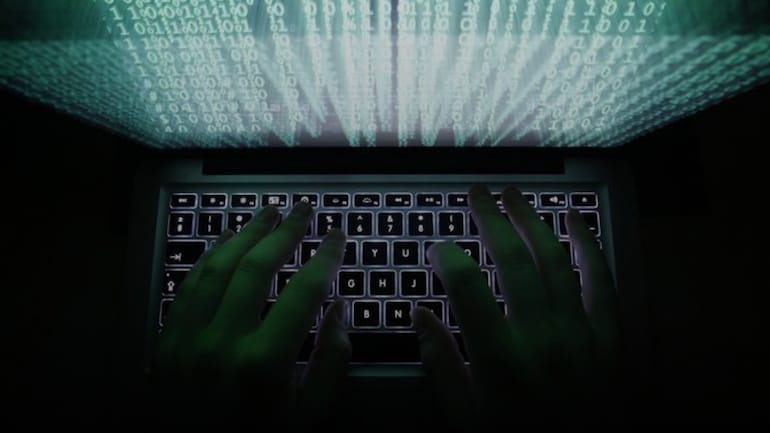
India is positioned among the third-tier countries on a spectrum of cyber warfare capabilities. Researchers from the International Institute for Strategic Studies (IISS) ranked countries on a spectrum of cyber capabilities, from the strength of their digital economies and the maturity of their intelligence and security functions to how well cyber facilities were integrated with military operations. The study, published by the ISS comes as a series of hacking campaigns that have highlighted the growing threat of online espionage by hostile states. Along with India, the third tier comprises Indonesia, Japan, Malaysia, North Korea, Iran and Vietnam.
The study also found that only the US is ranked as a “top tier” cyber power whereas China, Russia, the UK, Australia, Canada, France and Israel are in the second tier. The study also highlighted that China’s cyber power is at least a decade behind the US.
The Financial Express quoted the ISS which noted that the US was the only country in the top tier in terms of cybersecurity because of its unparalleled digital-industrial base, its cryptographic expertise and the ability to execute “sophisticated, surgical” cyber strikes against adversaries. The report notes that the US also benefited from close alliances with other cyber powers, including its Five Eyes partners.
According to the IISS, China and Russia have proven expertise in offensive cyber operations like conducting online spying, intellectual property theft and disinformation campaigns against the US and its allies. However, both countries were held back by “comparatively loose cybersecurity compared with their competitors.”
The report cited Greg Austin, an expert in cyber, space and future conflict at the IISS who said that media reports focussed only on the positive sides of China’s digital advances such as its aspirations to become a global leader in artificial intelligence and contributed to an exaggerated perception of its cyber prowess. “On every measure, the development of skills for cybersecurity in China is in a worse position than it is in many other countries,” Austin said.
The report has also highlighted the need for the US and its allies to have stringent cybersecurity laws because of its increased risk of ransomware attacks carried out by Russian criminal hackers who are “not state-directed but whose activities are apparently tolerated by authorities.”
Robert Hannigan, a senior executive at cybersecurity company BlueVoyant noted that the "threat is not symmetrical and that western economies are under siege from cybercriminal groups based in and tolerated or licensed by Russia.” However, he also noted that Russia would not indiscriminately target civilian critical infrastructure but the Russian agencies have the license to be reckless.
No comments:
Post a Comment